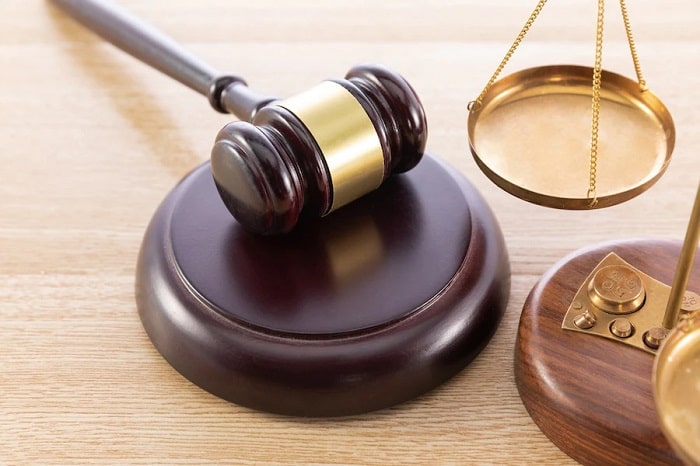Why is Juvenile Justice Reform Important?
Since the Clinton Administration, many American criminal justice systems implemented measures to make them appear to be tough on crime. One of these measures has been to increasingly charge juveniles as if they were adults. Consequently, in California, juveniles as young as 14 were subject to being charged and tried in adult court.
Given the potentially catastrophic consequences that such a charge can have on the rest of that juvenile’s life, retaining the services of an experienced criminal defense attorney should be the first priority if a juvenile is charged with a crime.
In the time since the implementation of laws allowing for juveniles to be charged as adults, many scientific studies have been conducted that have shown that charging juveniles as adults not only does not benefit society, it has had a detrimental effect on the juveniles, unfortunately preventing them from becoming productive members of society.
Recently, the California Assembly has begun consideration of a bill, that has already passed the Senate, which will impose a minimum age at which a juvenile may be tried as an adult to 16.
A discussion of the bill currently in front of the Assembly, as well as the crimes for which a juvenile can be charged as an adult, will follow below.

What is CA Senate Bill 1391?
As alluded to above, Senate Bill 1391 will put a minimum age on those individuals who can be tried as an adult. Specifically, the bill mandates that only those who are 16 or 17 years old have the potential to be tried as an adult. Anyone younger must be tried within the juvenile justice system. Further, as is currently the law (and will not be affected by SB 1391), anyone over the age of 17 must be tried within the adult criminal justice system.
Generally, crimes committed by individuals under the age of 18 are tried in Juvenile Court. Juvenile Court, officially, is not part of the criminal justice system, and the cases are typically considered confidential. When a matter is heard in Juvenile Court, the judge does not find the juvenile to be innocent or guilty. Rather, the judge will sustain the petition if he/she finds that the juvenile committed the crime beyond a reasonable doubt. The judge then issues a disposition – an order requiring the juvenile to pay a fine, perform community service, be placed on probation, or be made a ward of the court.
If and when the juvenile successfully completes the terms of the program, the charges are dismissed. Unlike the criminal justice system, the primary goal of the juvenile justice system is not retribution, but rehabilitation.
What is Section 707 Crimes in California?
However, there are some crimes, set forth in Section 707 of the California Penal Code, in which a juvenile under the age of 18 can be tried as an adult. Prosecutors have discretion over whether to charge a juvenile, suspected of committing one of these crimes, as an adult or as a juvenile. These crimes will not be affected by SB 1391 – only the age at which a juvenile can be subject to this Section will change.
These crimes include:
- Murder
- Rape with force, violence or threat of great bodily harm
- Forcible sex in concert with another
- Lewd and lascivious acts on a child under 14 with force, violence or threats of great bodily injury
- Torture
- Forcible sexual penetration
- Carjacking
- Sodomy or oral copulation by force, violence or threat of great bodily injury
Hire A Criminal Defense Attorney
If you are aware of a juvenile who has been charged with a crime, contact the experienced criminal defense attorneys at Manshoory Law Group, APC as soon as possible. Vigorous defense of a minor facing criminal charges is a must to ensure that they can be given a chance to eventually succeed in life.
The lawyers at Manshoory Law Group, APC will use their knowledge of criminal law to devise a strategy and present the best case for the minor’s defense. Attorneys are available 24/7 to take your call. Contact us today for an initial consultation.

